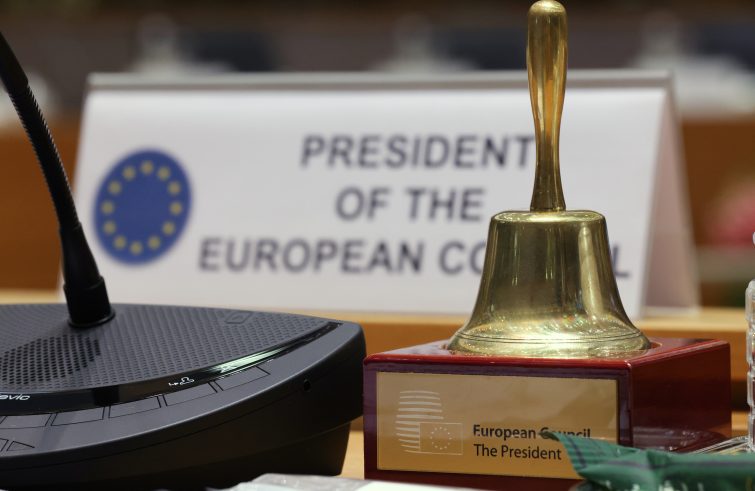
He made the announcement in an official, concerned letter to EU heads of state and government. There will be only one item on the agenda of the “informal” meeting of European Union leaders on 3 February in a castle near Brussels: European defence. “I believe we share a similar assessment of the threats Europe is facing,” President Antonio Costa wrote on 13 January. “Russia’s aggression against Ukraine has brought a high-intensity war back to our continent – violating the core principles of international law and threatening European security – coupled with growing hybrid and cyber attacks on Member States and their economies and societies.” In a nutshell: “Peace in Europe depends on Ukraine winning a comprehensive, just and lasting peace.”
It is therefore necessary to take stock of military expenditure, the arms industry, and whether the armed forces of the Member States can operate seamlessly together.
Diplomatic language is characterised by caution (“defence” or “security” are the recurring terms). But in reality, in the face of threats from Russia and with US support for NATO waning, the EU is planning to increase its armaments and strengthen its armed forces.
That’s why Monday 3 February (a rather unusual day for an EU-27 summit) will be devoted to defence, with two special guests: NATO Secretary General Mark Rutte, who will attend the luncheon, and UK Prime Minister Keir Starmer, who has been reserved a seat at the table.
“In a security landscape marked by Russia’s war against Ukraine, growing hybrid and cyberattacks on member states and the situation in the Middle East, EU leaders will discuss European defence and how to strengthen defence capabilities”, the official European Council website explains.
Stressing: “Effective defence is a common good benefiting all Europeans.”
“Based on the principles that Europe needs to take greater responsibility for its own defence and that we have a common interest in cooperating more closely at European level” the discussion will focus on the following issues: the development of defence capabilities; financing, including mobilising private funding, how best to use EU instruments and the EU budget and additional common options that could be considered (issuing new EU debt?); strengthening and deepening partnerships.
The summit is also expected to produce some guidelines for the von der Leyen Commission, which has pledged to draw up its own “White Paper” on defence, including the European production system.
Europe is not at war, as almost all heads of state and government are eager to declare. And yet three things are certain: there is an intention (or a need?) to increase arms spending; there are enough common defence critics (first and foremost the Hungarian Prime Minister Orban, given his closeness to Putin). And, last but not least, the concept of “peace” – the very cornerstone of Community integration – is shrouded in conspicuous, sombre silence.









